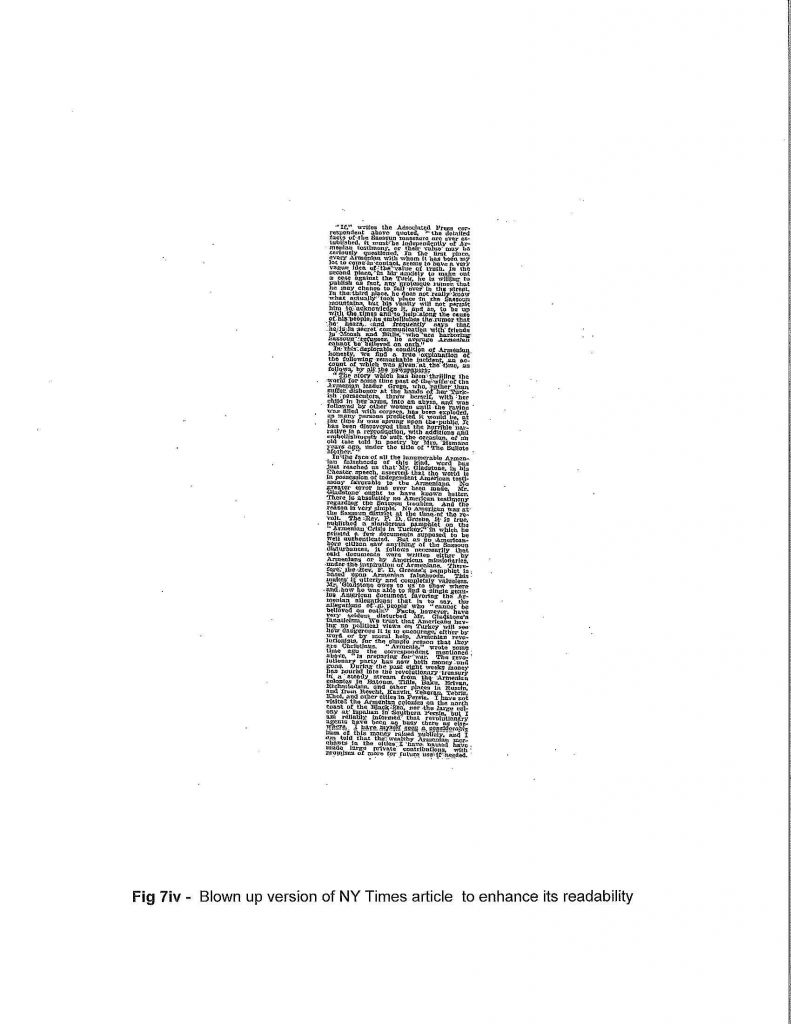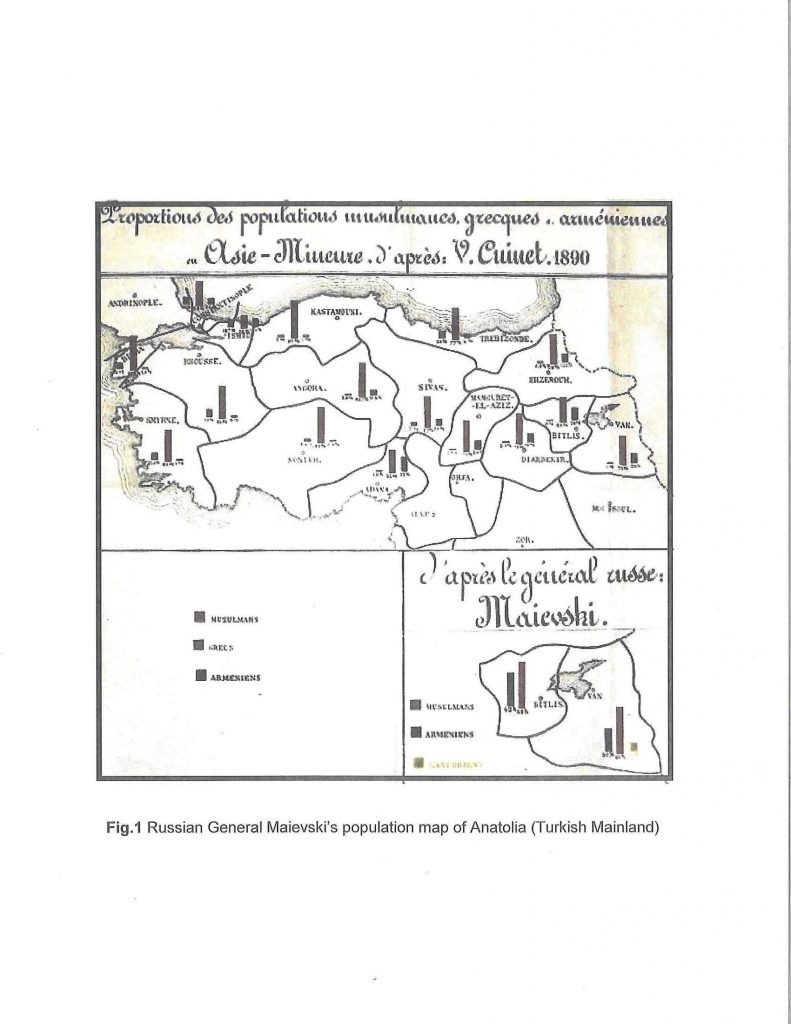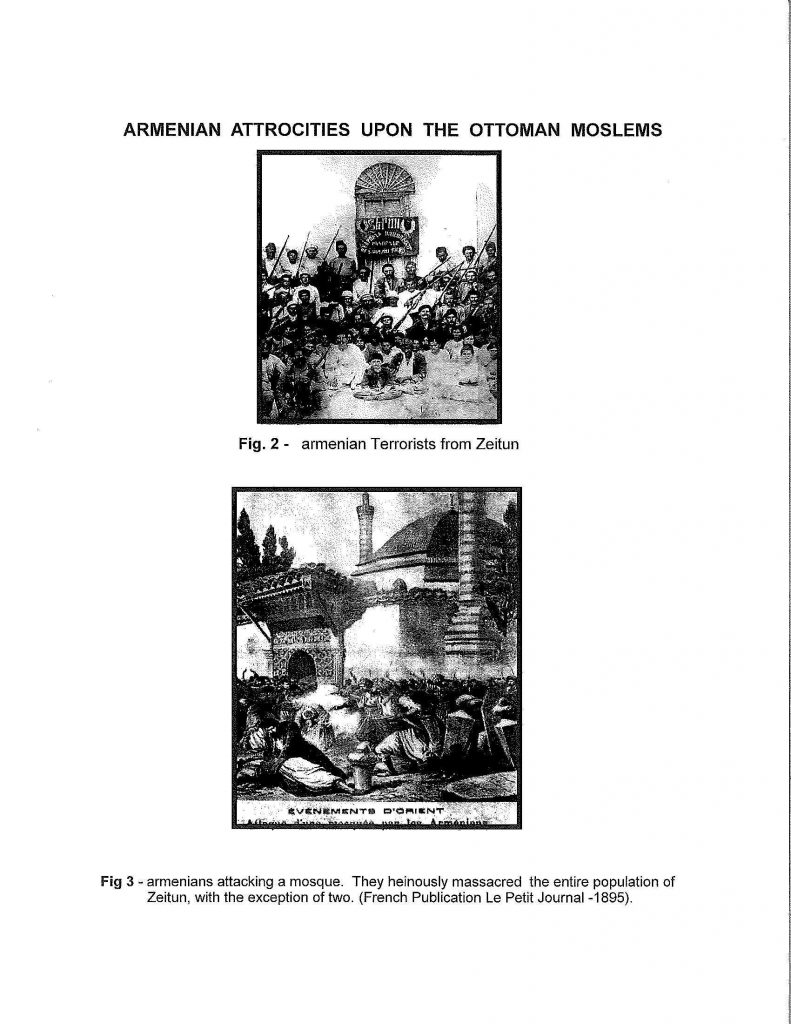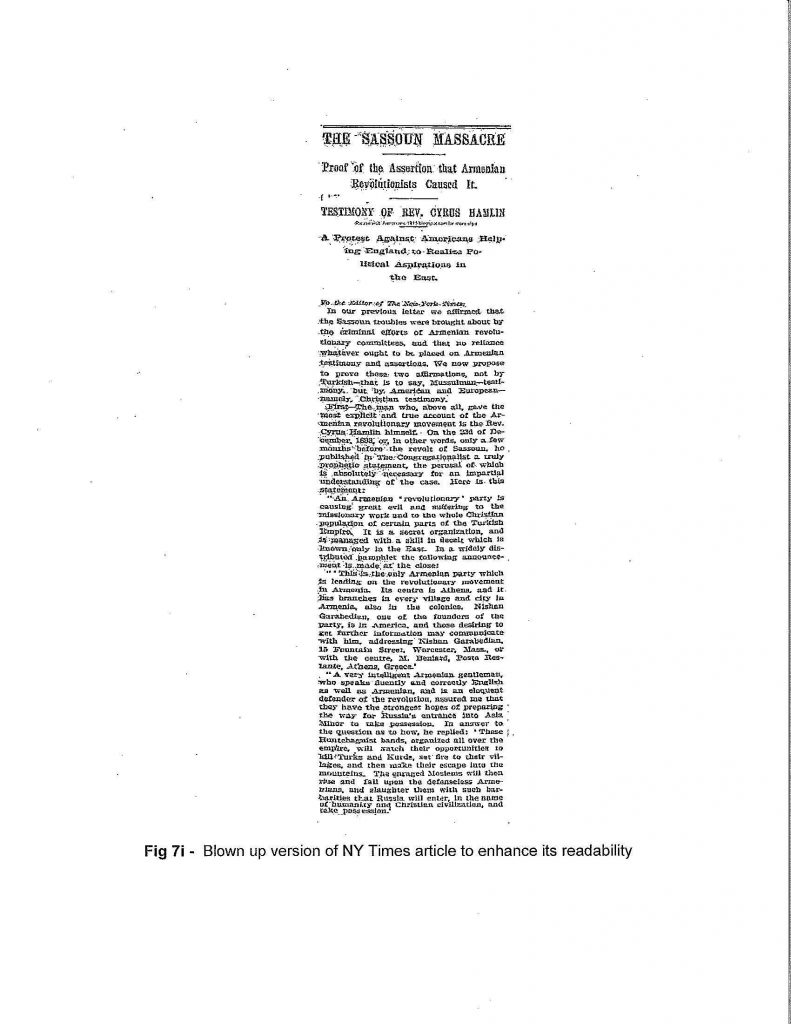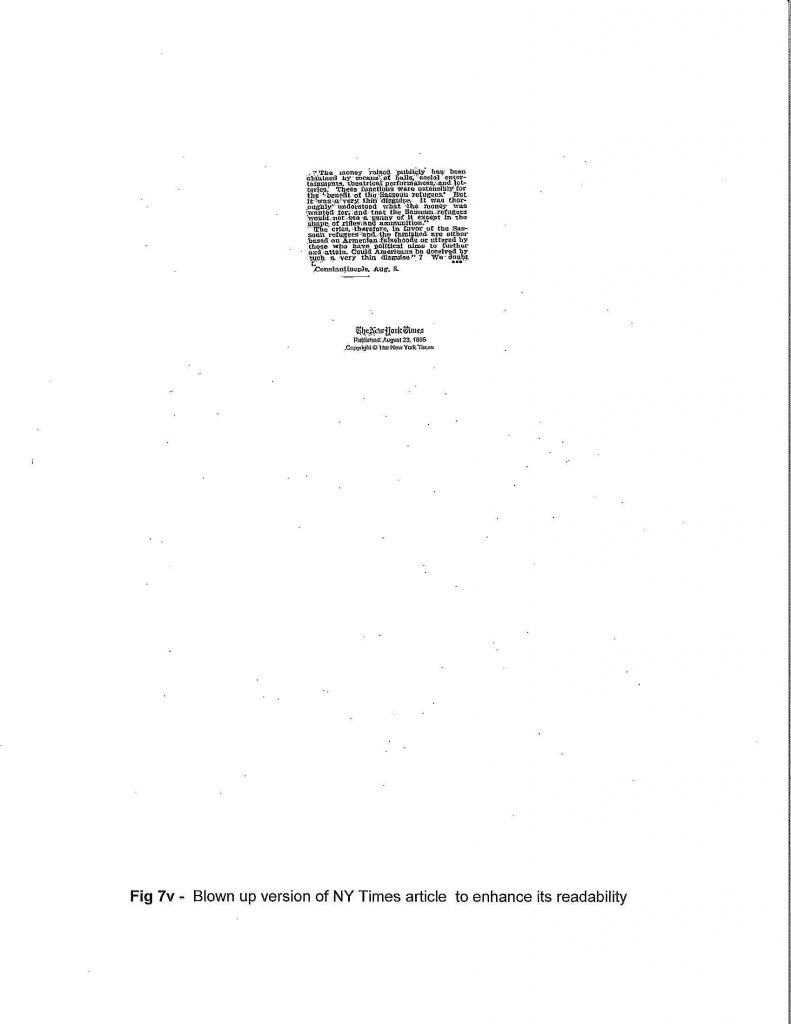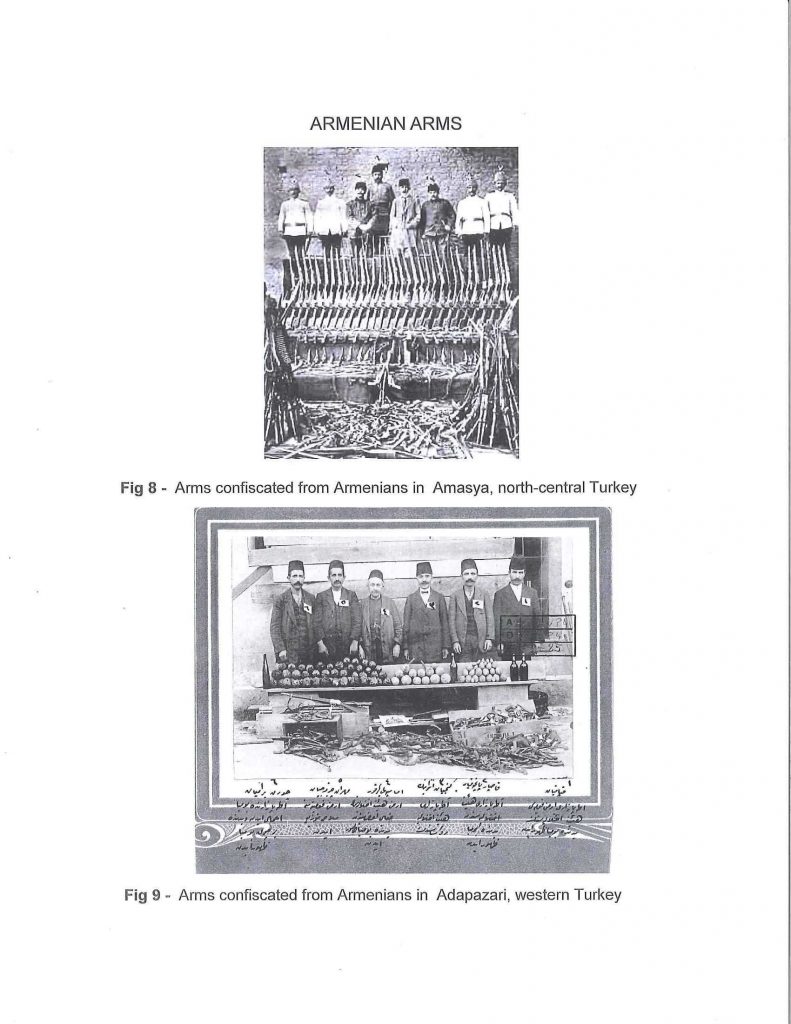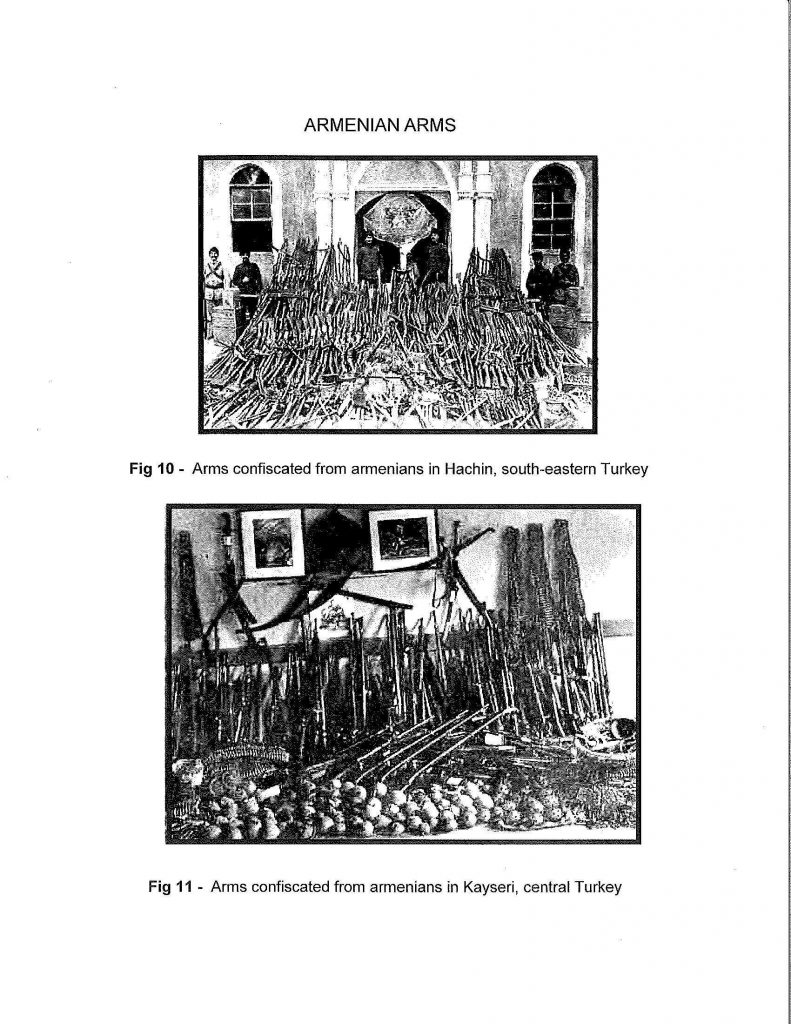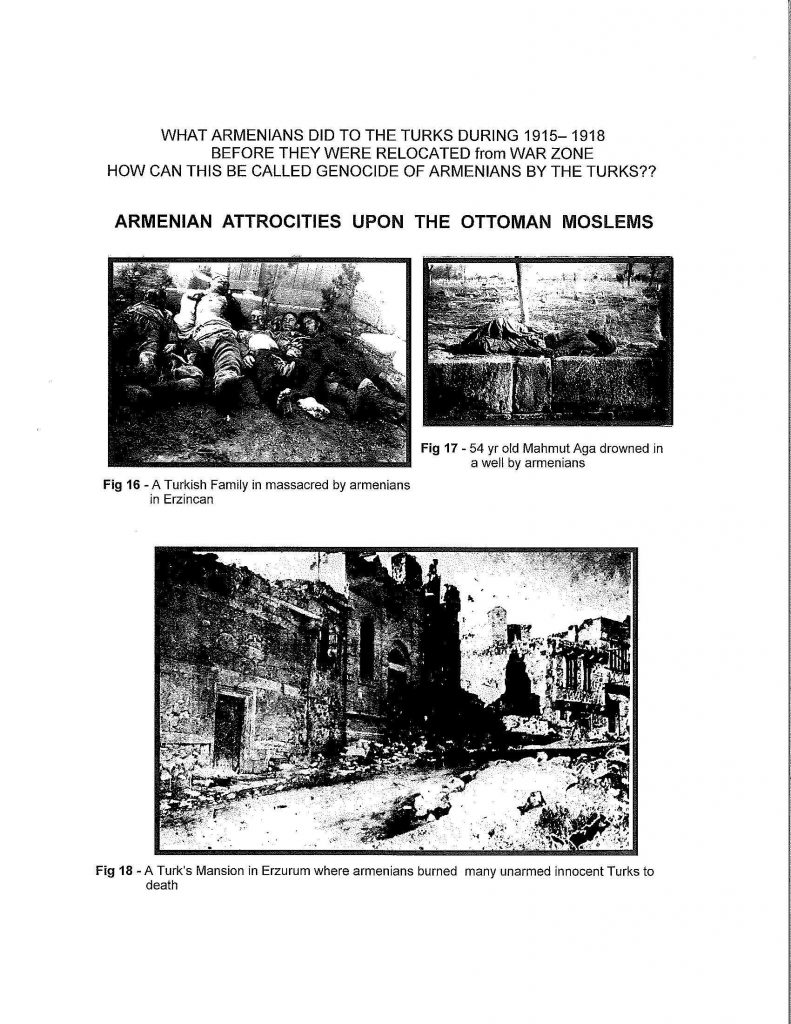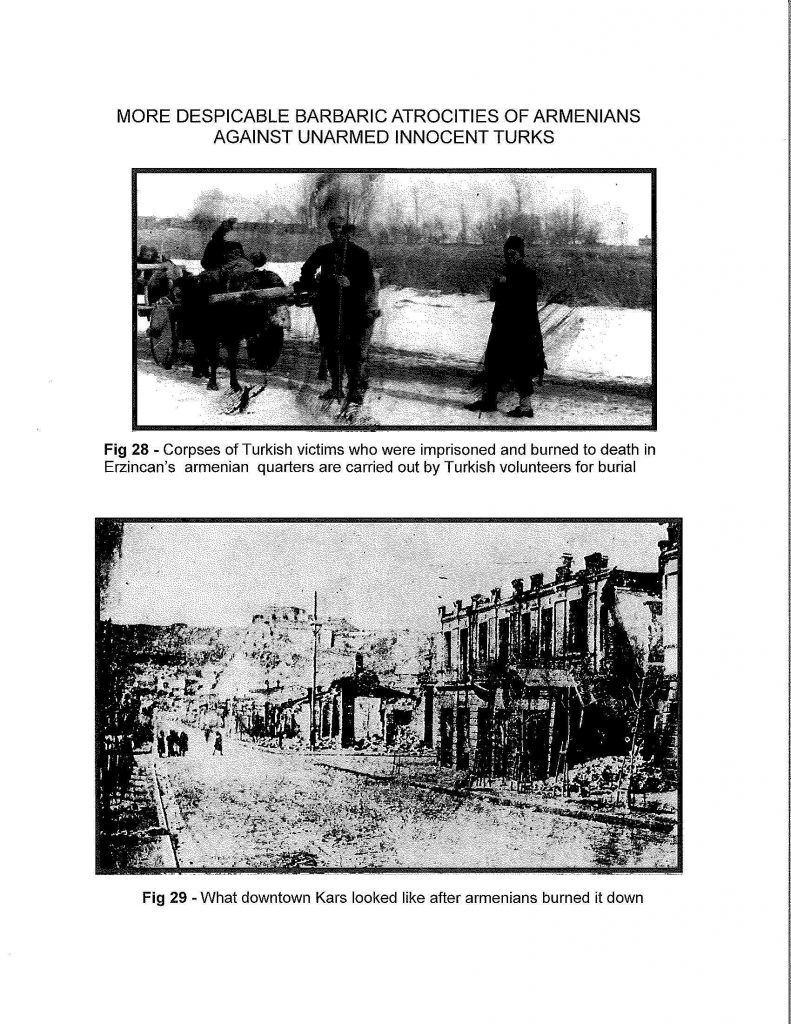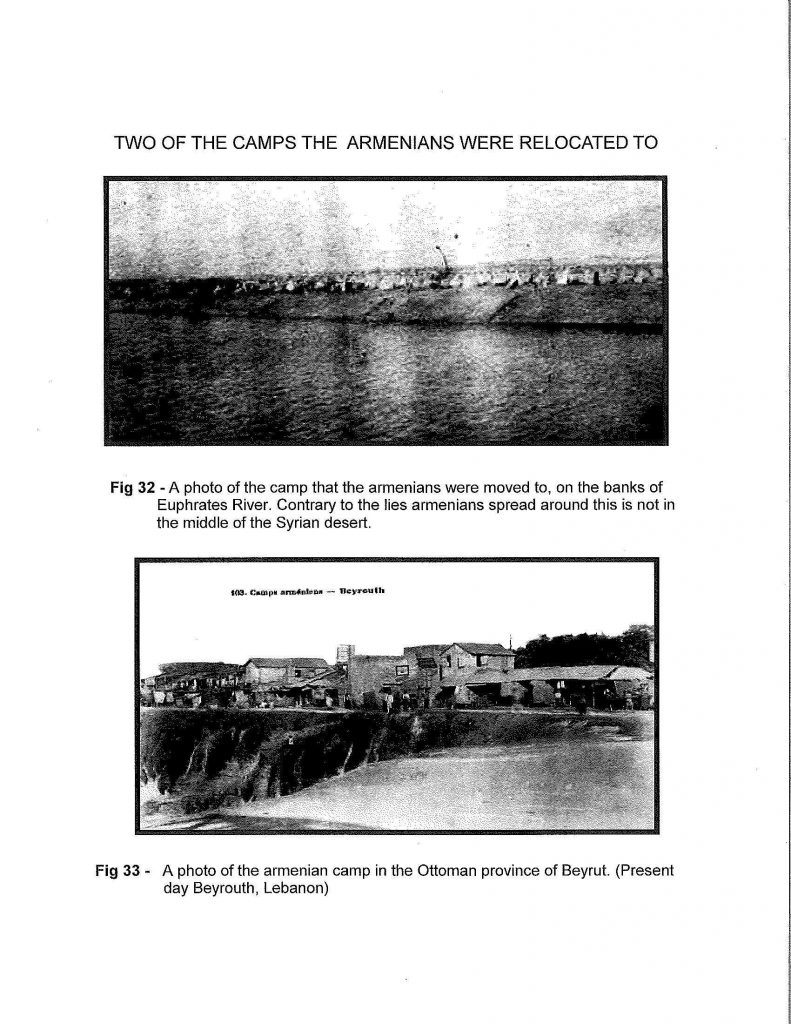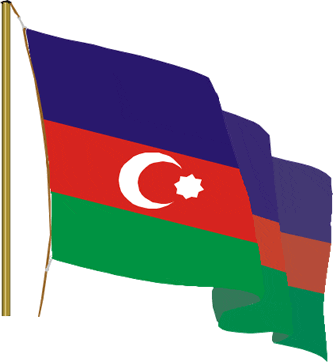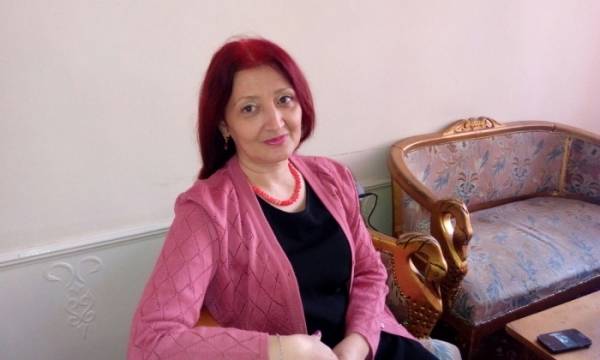Caucasian Review of International Affairs
From Vol. 4 (2) – Spring 2010
pp. 184-186
Abstract
The article examines new trends and development in the South Caucasus. The author identifies five factors which affect the foreign policy of regional countries as well as regional powers. These factors are the Georgian-Russian war of 2008, the US-Russian “reset”, the global financial crisis, the political transformation in the countries which have undergone “color revolutions”, and the Armenian-Turkish rapprochement. The author believes that the change in the geopolitical layout of the region will turn the countries of the South Caucasus further from the West. At the same time, they are not going to be fully embraced by Russia. A balancing act between the US, EU and Russia will be most likely their policy choice.
Keywords: South Caucasus, geopolitics, US, Russia, Azerbaijan, Georgia, Ukraine
Introduction
After the collapse of the Soviet Union, the South Caucasus region was opened up for the global market as well as competition among global powers. The dominance of Russia which had lasted for 200 years was questioned by new actors, primarily the United States, Turkey and Iran. The South Caucasus, with its vital links to the Black Sea, Central Asia and Middle East, and its rich natural resources (primarily oil and gas in the Caspian Sea) became a complex battleground aggravated by internal problems such as the war between Armenia and Azerbaijan due to territorial claims of the former with regard to the latter’s Nagorno-Karabakh region.
While the geopolitical conditions of the 1990s were defined internally by ethnic conflicts, the creation of statehood, and the transition from communism to a market economy, external factors were connected with the arrival of the new powers – the US, EU, Turkey, Iran on one side, and efforts by Russia to maintain control on the other. A wave of “colour revolutions” in 2003-2005 further changed the political landscape of the regional states and increased the possibility of ending Russian influence in post-Soviet space. However, despite losing its influence in the 1990s, Russia, due largely to enormous profits from oil, gained the momentum to strengthen its position by 2008.
New Geopolitical Factors
The last three years have brought forth a new set of conditions which is likely to affect the states of the region and their foreign policy agenda. Domestically the states of the region continued to suffer from ethnic conflicts, but they managed to build viable statehood, and make progress on market reforms with
Azerbaijan as the leading economic power. However, internationally, five major developments have been reshaping the region:
- Georgian-Russian War, 2008
- US-Russian Reset, 2009
- Global Financial Crisis, 2009
- Decolourization of Colour Revolutions, 2010
- Armenian-Turkish Rapprochement and its impact on Azerbaijan-Turkey and Azerbaijan-US relations, 2009-2010
The Georgian-Russian War had adverse effects on the image of the West in the region. The verbal support from the US, EU and NATO was not enough to counter the Russian offensive. Russia showed assertively that it would resort to force rather than yield its influence in the South Caucasus. Accordingly, attempting to secure NATO membership by regional countries has posed a direct threat to their sovereignty and territorial integrity. Post-Soviet countries realized that Russia is still a mighty power, and the West is not willing to confront her for the sake of small post-Soviet states.
Further, the US-Russian “reset” declared by the Obama administration sent a clear message that relations with Russia are much more significant for the American administration and its Western allies than relations with other former communist states. However, many experts might not agree with that conclusion as they point out that the West continues to boost its relations with post-Soviet countries through the EU’s new Eastern Partnership initiative, NATO’s Partnership for Peace program and other political and economic channels, the treatment of US allies like Azerbaijan and Georgia in regards to the April 2010 Washington Nuclear Security Summit speaks for itself.
On the other side, Russia’s bold foreign policy in its so-called “near abroad”, in various political and economic manifestations, was seriously damaged by the global financial crisis. The Russian economy endured great losses which affected its ability to sponsor its allies or show its influence as an economic power. Thus, the former Soviet countries appreciated the importance of economic relations with the West and the need for reform of their economies. Exclusive reliance on Moscow proved to be shaky. Even the new president of Ukraine Viktor Yanukovich, a staunch Russian ally, paid his first foreign visit to Brussels, exhibiting the desire of the new Ukrainian leadership to move closer to the West in terms of its economic preferences.
The victory of Yanukovich in the latest elections in Ukraine changed the colour of the 2004 “Orange Revolution” which brought his predecessor, Viktor Yushchenko, to power. A similar development took place in Kyrgyzstan, which has recently seen the overthrow of the victor of the “Tulip Revolution”, Kurmanbek_Bakiyev. Though it would be an overstatement to assert the failure of the “colour revolutions” – since the elections in Ukraine manifested the democratic changes in the country – nevertheless, we can speak about, at least, the decolourization or change of colour of past revolutions. The latest trend shows that post-Soviet countries cannot be reformed quickly, and a change is not simply about the removal of one leader for the sake of another. The process of democracy requires a profound transformation of all layers of society, the gradual modification of political and social institutions, and comes with generational shifts.
Last, but not least, the South Caucasus is knotted in a web of territorial, ethnic and identity conflicts, which have to be dealt in a complex manner. These problems have a new buzz word – protocols. The desire of the Obama administration to disconnect the Turkish-Armenian rapprochement from the Armenian-Azerbaijani conflict has already damaged the relations between Azerbaijan and the US and affected Azerbaijani-Turkish relations, and might have an effect on energy projects between Azerbaijan and the West. The disappointment in Azerbaijan regarding the US policy on the Turkish-Armenian protocol is not only about the prospect of the resolution of the conflict with Armenia – it is also about disillusionment with Western democracy where powerful lobbies like the Armenian Diaspora seriously affect the countries’ decision making.
Moreover, it is about a widening gap between Christians and Muslims, as almost every Western news agency in its description of the Armenian-Azerbaijani-Turkish conflicts emphasizes the religious affiliation of the relevant ethnic groups. However, these conflicts have no religious connotations.
For two decades Azerbaijan has been conducting a pro-Western foreign policy both politically and economically. Though subjected to criticism on human rights, the country’s leadership declares that it envisions a better future but through gradual reformation and improving economic well being, rejecting foreign recipes and revolutions.
Over the last decade the country has manifested more balancing acts by promoting better relations with its immediate neighbours, first of all, with Russia and Iran. Azerbaijan has concluded important security and energy agreements with these countries. However, both countries – Russia and Iran – have close links with Armenia which outweigh their relations with Azerbaijan. It is no accident that during a trip to the occupied Azerbaijani territories in April 2010, the new Russian mediator for the Armenia-Azerbaijan conflict Igor Popov discussed with Armenian separatists the possibility of constructing of a new airport in Nagorno-Karabakh. The historical Russian-Armenian alliance will not be affected by Russia’s renewed interest in Azerbaijan.
Conclusion
A number of the above-mentioned factors and developments make a balanced foreign policy a viable choice for regional states. The experience of post-Soviet countries proved that blatant pro-Western or anti-Russian stances or vice versa (as the Serbian experience taught us) does not produce positive results. This is a new reality of the geopolitics of the South Caucasus.
Fareed Shafee holds master’s degrees from the School of History, and the School of Law of Baku State University, Azerbaijan, and Kennedy School of Government of the Harvard University, USA. His research interests include conflict resolution and ethnic studies.
URL:



